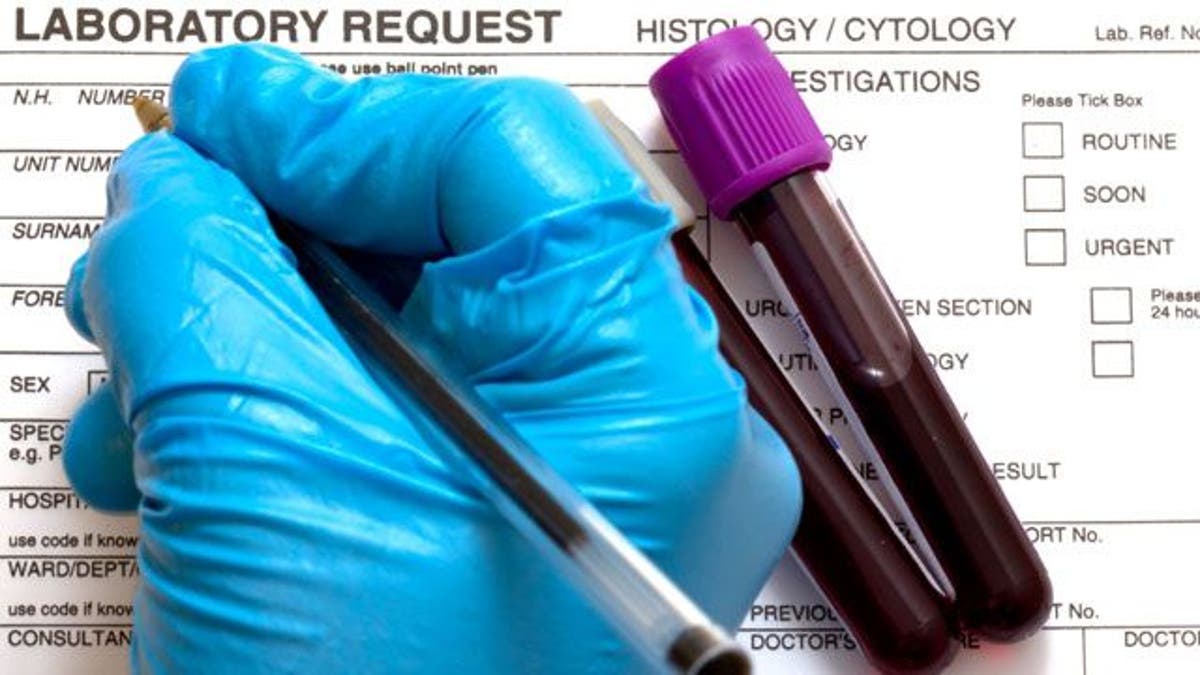Genetic markers for PTSD linked to immune system response, study says
{{#rendered}} {{/rendered}}
Researchers have identified genetic markers associated with post-traumatic stress disorder (PTSD) that are linked with regulating the immune system, Medical News Today reported. This finding may lead to the ability to identify individuals at risk of PTSD.
In a study of 188 U.S. Marines, researchers took blood samples before and after individuals were deployed to conflict zones. They identified groups of genes that regulate the innate immune system— the body’s first line of defense against pathogens— and interferon signaling— the release of signaling proteins in response to pathogens— were linked to PTSD.
PTSD, a mental health condition that can occur after experiencing a traumatic event such as military combat, may cause recurring, distressing memories, sleep problems, severe anxiety and suicidal thoughts. An estimated 6.8 percent of Americans will develop the condition at some point in their lives.
{{#rendered}} {{/rendered}}While previous studies have looked for genetic markers of PTSD by distinguishing differences between those with the diagnosis and those without, this study used whole transcriptome RNA sequencing on the blood samples of Marines with and without PTSD.
"By comparing US Marines who develop PTSD symptoms to those who do not, we can measure differences in genes, but also take into consideration the dynamic relationships between and among them, their connectivity," said senior author Michael S. Breen, of the University of Southampton in the UK.
"Because PTSD is thought to be such a complex disorder," he added, "measuring these dynamic relationships is crucial to better understanding the PTSD pathology."
In their analysis, researchers identified both innate immune system and interferon signaling gene groups before and following the development of PTSD in the participants, causing them to question what triggers interferon signaling prior to PTSD.
"The answer could be any number of factors," said principal investigator Dr. Dewleen G. Baker, of the Veteran Affairs San Diego Healthcare System and the University of California-San Diego, "ranging from a simple explanation of increased anticipatory stress prior to deployment or more complex scenarios where individuals may have a higher viral load. It's a question for future studies."
The discovery of this genetic link, as identified by blood samples, suggests that the creation of a blood panel of biomarkers could help identify individuals at risk of PTSD, researchers said. The molecular information from blood samples could be used to develop personalized prevention and treatment strategies.
{{#rendered}} {{/rendered}}